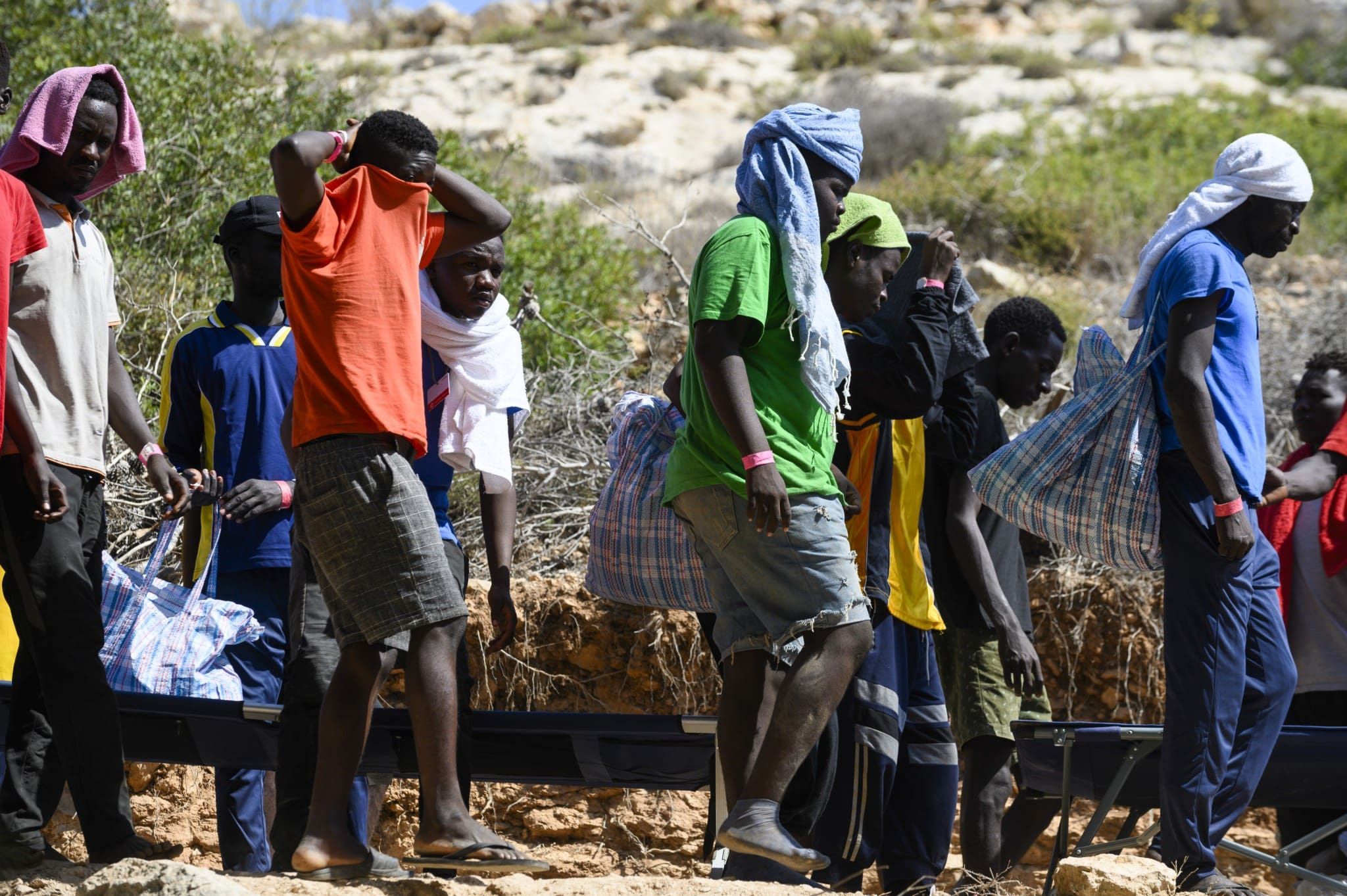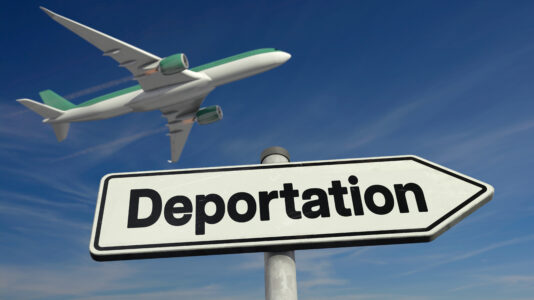Italian judges are once again on a collision course with the conservative government over immigration after a ruling by a Catania court held that an Egyptian could not be detained in preparation for deportation because his country of origin is “unsafe”.
In December, the Court of Cassation confirmed that while politicians decide which countries are deemed safe for repatriation purposes, it is ultimately up to the judiciary to evaluate each case individually.
Yet, Judge Rosario Maria Annibale Cupri’s decision not to validate the detention of the 30-year-old Egyptian national, who arrived in the country illegally and was refused asylum, has stirred discussion about how these rules should be applied in practice.
🇮🇹 Meloni's €670 million migrant center in Albania is already closed for business.
All 16 migrants sent to the center will already be shipped to Italy.
Left-wing judges from Rome killed the whole project in a new ruling. 3,000 migrants were supposed to be sent there every… pic.twitter.com/MEsvbI9tCL
— Remix News & Views (@RMXnews) October 23, 2024The Supreme Court of Cassation recently answered a preliminary question posed by the Rome court, clarifying that a national decree designating a country as “safe” does not prevent judges from assessing specific claims of persecution. The Supreme Court stated that the “security assessment contained in the ministerial decree does not prevent the judge from considering specific situations of persecution which, because of their extensive and generalized nature, make the country objectively insecure.”
This interpretation has allowed judges to weigh evidence indicating widespread rights violations in countries labeled as “safe” and defy calls to deport illegal migrants, much to the annoyance of the right-wing Italian government.
Prime Minister Giorgia Meloni’s executive decree last year that amended the list of safe countries was issued before the Supreme Court’s statement, but the Italian judiciary continues to assert it has the power to overlook such declarations.
The matter has been referred to the Court of Justice of the European Union (CJEU) for a ruling.
As reported by Il Giornale, Judge Cupri, weighing the case of an Egyptian man detained at the Pozzallo-Modica center in Sicily, cited reports of arbitrary arrests, sexual violence, discrimination, and lack of procedural guarantees in Egypt. According to the ruling, these issues may amount to “extensive and generalized persecution,” therefore overruling the presumption that Egypt is safe.
The judge concluded that such severe and broad human rights concerns justify an exception. Consequently, Cupri did not validate the detention order issued by Ragusa Police Commissioner Marco Giambra.
Undersecretary of the Ministry of the Interior Nicola Molteni reaffirmed the government’s position that migrants must be returned to countries declared safe.
“The Court of Cassation established that the judiciary must evaluate case by case. The latest ordinance is clear: a country is safe even if it is not safe for some categories,” said the Lega politician.
Molteni further expressed confidence that the CJEU, which is expected to rule on the matter on Feb. 25 would uphold the Supreme Court’s position. “If this were not the case,” Molteni stated, “the principle of repatriation and accelerated procedures would cease — measures that represent security and defense for Italy’s borders and, consequently, Europe’s borders. These are measures outlined in the new Pact on Migration and Asylum.”
Despite the ongoing legal debate, government officials report a drop in illegal entries into Italy, including an 80 percent reduction on the Tunisian route. Undersecretary Molteni pointed to a 58 percent decrease overall in irregular arrivals and a 20 percent increase in repatriations, suggesting that Italy is once again becoming a central “bastion of security” in the Mediterranean.
Opponents, however, warn that focusing on designating countries as safe, without careful scrutiny of individual cases and documented human rights concerns, risks undermining the human rights of vulnerable migrants in exceptional circumstances.






